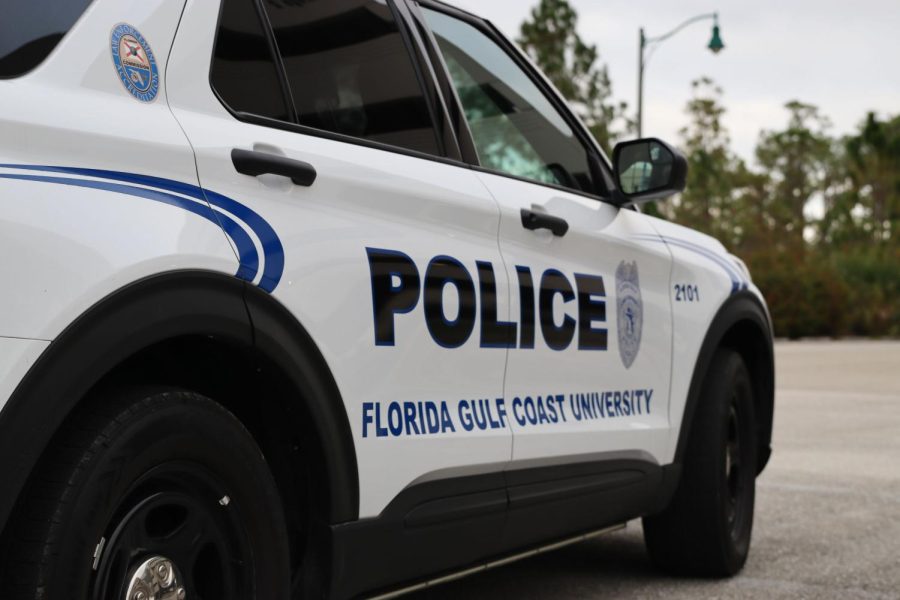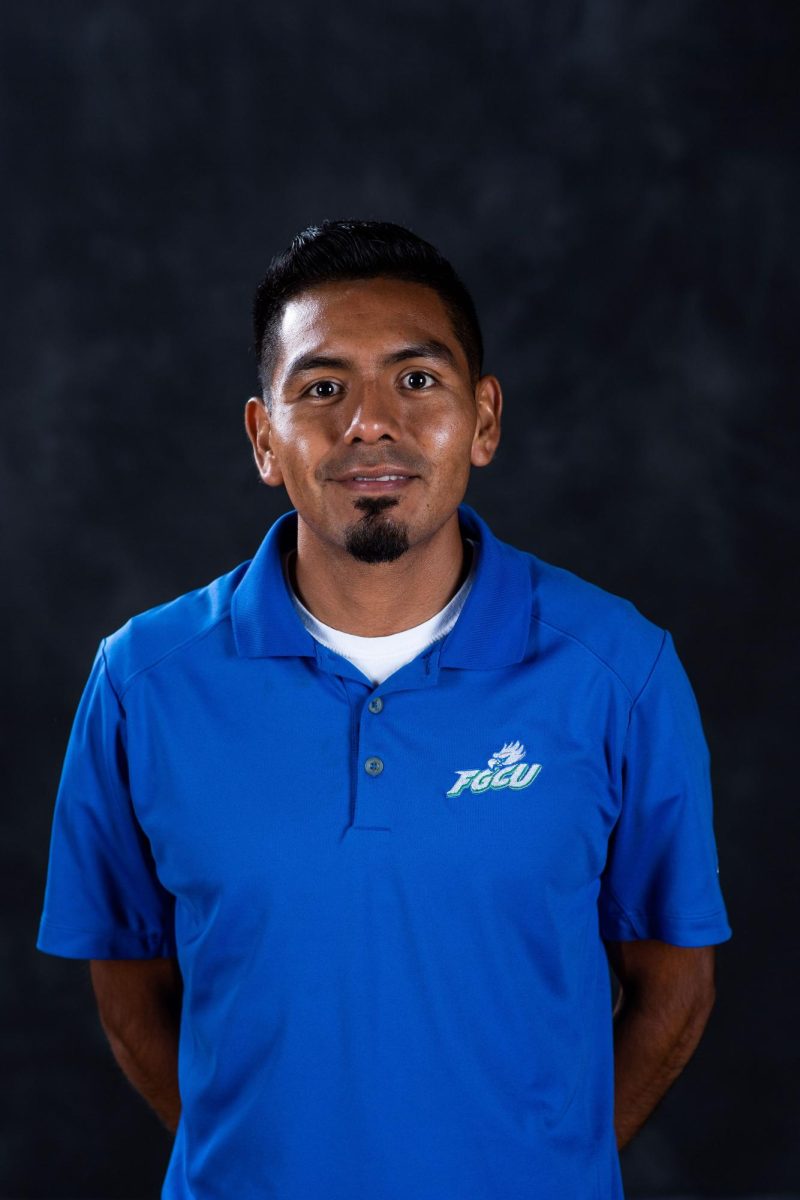Elementary education majors across the state of Florida earned historically low scores on a statewide Subject Area Exam, pushing some FGCU students to graduate later than they expected and others to spend hundreds of dollars just to take and re-take the exam.
“I’ve had parents call, and not to wish me a happy day,” said Ivan Banks, dean of the FGCU College of Education.
Pearson, the company that develops the SAE for Florida, changed the test in 2015 to focus more on teaching methods than on content. The state increased the score students need to pass the exam and also changed the way they calculate scores.
“It was a perfect storm in a bad way,” said Carolynne Gischel. Gischel is the interim department chair for curriculum, instruction and culture, and she has discussed the new SAE with educators throughout Florida.
“The statewide pass rate dropped by about 20 percent,” Gischel said. “We are very consistent with the results that are being seen at other universities.” The low scores were surprising to students, some of whom say the content of the exams was different from what they were expecting.
“I had a 4.0 GPA last semester and almost didn’t graduate,” said Garrett Cohen, an education major who did not pass the SAE last semester.
Education major Alyssa Gdanski said she has been on the President’s or Dean’s list throughout her college career. Gdanski has not yet passed the SAE.
Students are required to take the SAE the semester before their graduating semester. They cannot register for their final semester of classes until they pass, and they have to wait 30 days to retake the SAE.
Some students, such as Cohen, were able to appeal the score with the COE dean’s office and register for courses. Others, such as Gdanski, were not granted an appeal, and are spending this semester re-taking the test and working. Gdanski was supposed move to a full-time internship at the school she was interning at in the fall, but now cannot do that until she passes the test.
“To not let me go into my full-time internship because of this test is messed up,” Gdanski said.
The dean’s office looked at students on an individual basis to decide if it was likely the student would be able to pass the exam during their graduating semester. Most students who passed at least two of the four parts of the SAE and their Professional Education Test were granted an appeal to register for spring courses.
“I don’t know if people realize how much pressure it takes,” said Banks, about an education major’s last semester. Banks said the reason his office considered how many tests students had already passed when they discussed appeals is because the education majors are required to take a full-time internship during their final semester.
The office thought students who had not passed at least three of the five tests would be too busy with their internship to study adequately to pass the tests. According to Banks, 33 students out of the 129 who were eligible to take the exam had passed early in fall 2015.
Once education professors realized the test had a lower than usual pass rate, some voluntarily gave up Saturdays and Wednesday nights to host free workshops for students. Banks, who has worked at more than five other universities, was impressed with the faculty dedication to students.
“I’ve never seen faculty as committed to student success as here,” Banks said. One hundred and seven out of the 129 eligible students were able to register for courses this semester, either because they passed the test later in the semester or because their appeal was approved.
The Florida Department of Education charges students $200 to take the SAE once. Each time a student re-takes the test, they must pay $220, even if they only have to retake part of the exam. Cohen, who will be retaking the SAE in February, said he has spent more than $700 on the exam. Gischel said she hopes to see students, faculty and people in the education field write to their state legislators to advocate against the high testing costs.
“It is not okay for students to be paying this,” Gischel said. “(The state) is taking advantage of the situation.” The SAE is one of three required exams students must take to gain their teaching license in the state of Florida: the General Knowledge Test, SAE and PED.
The FGCU COE requires students to pass all three tests to graduate with an education degree. There are 42 different SAEs for education students in Florida, one for each teaching specialization.
The SAE that received changes in 2015 was the elementary education SAE, and Gischel said the state plans to make changes to the special education exam next. Gischel said the Office of Continuing Education will begin to charge students for the faculty workshops to compensate faculty members. Gischel expects students to receive an email this week about the workshops, but information will also be posted to the FGCU Continuing Education Facebook page.
Although the GKT, SAE and PED are all required for people to earn a teaching license in the state of Florida, Banks said he has never read any research that shows a correlation between how students score on these tests and how well they teach.
“I don’t think a test is an indicator of who would be a good teacher,” Banks said.



































